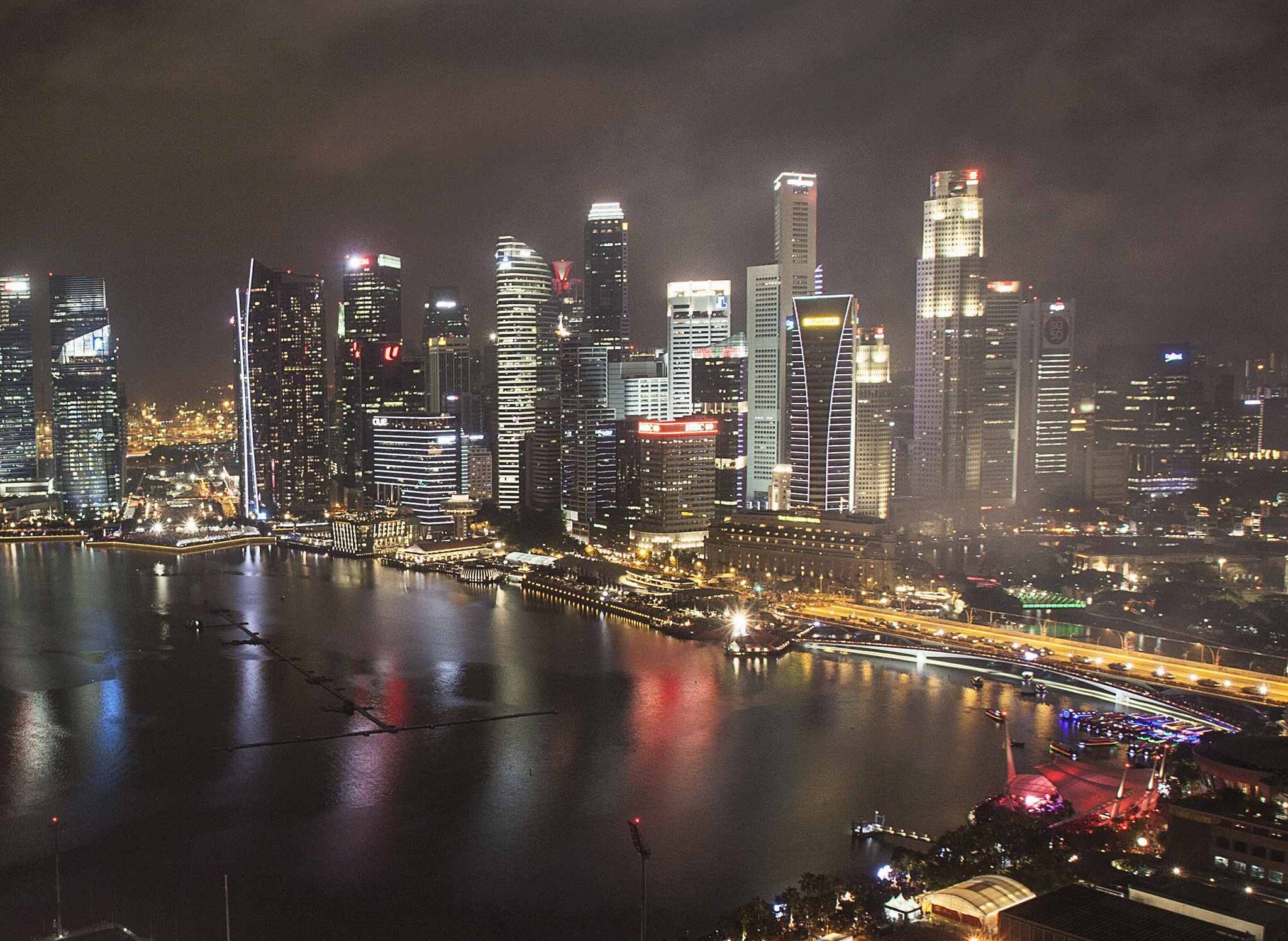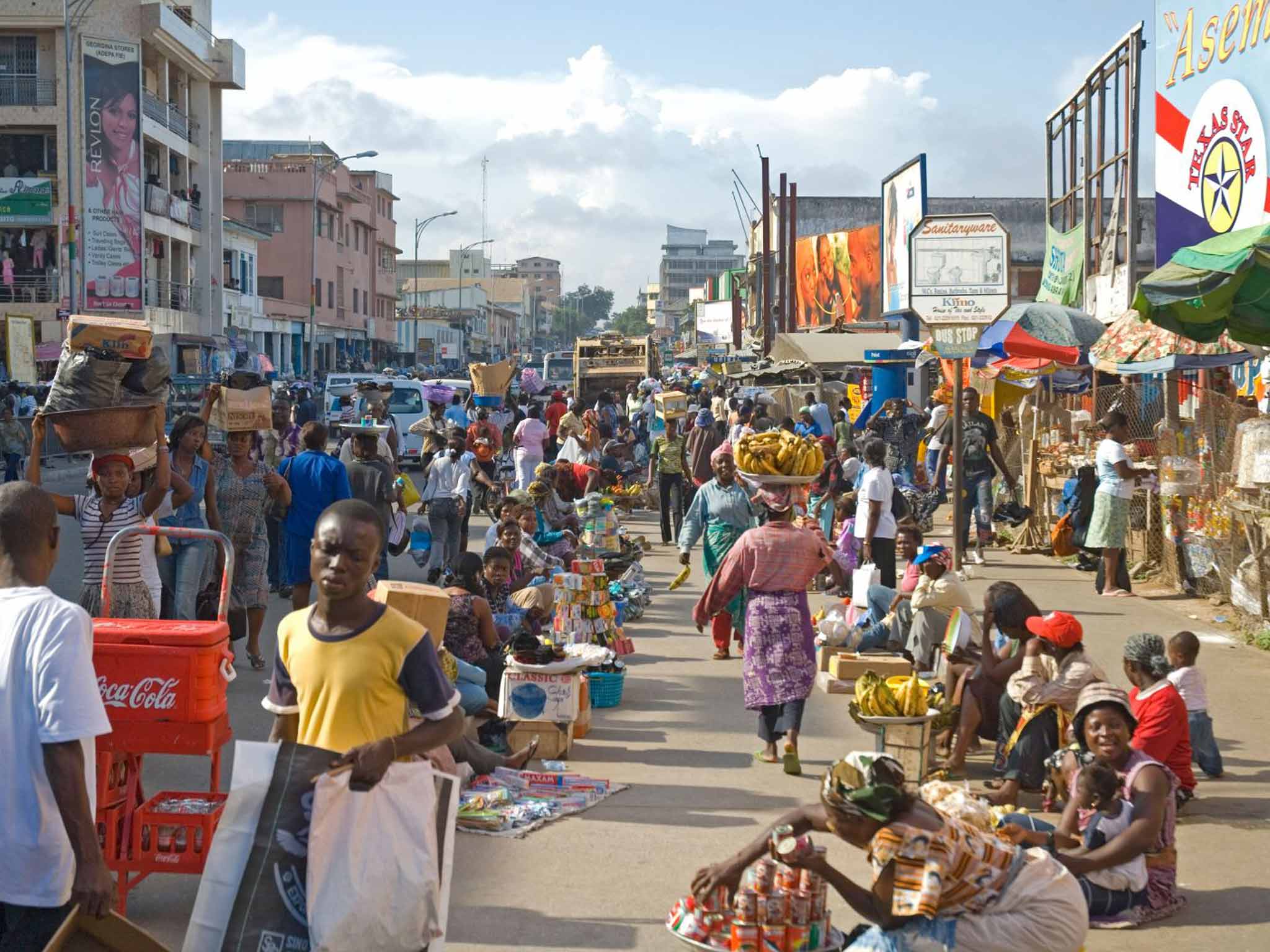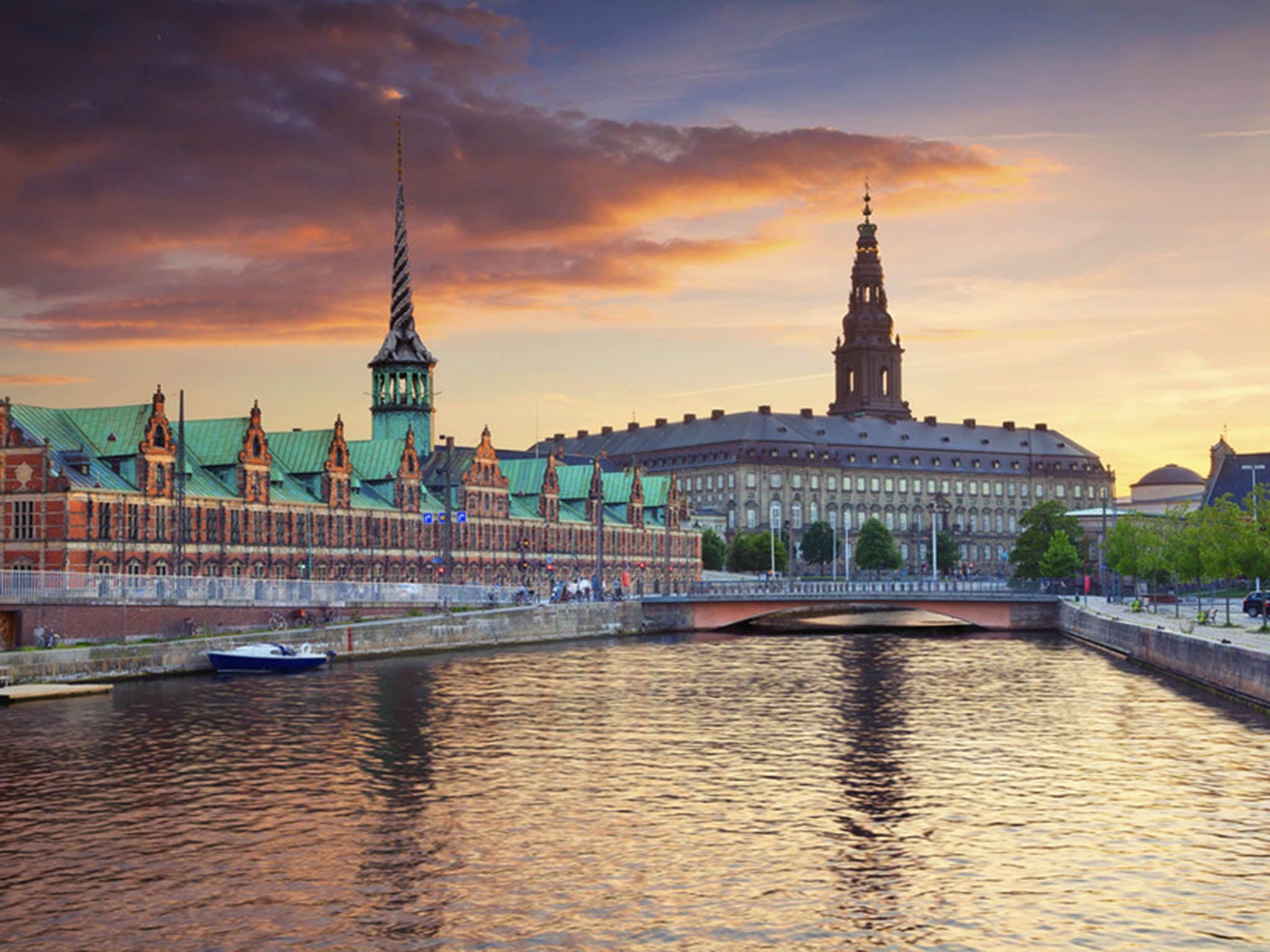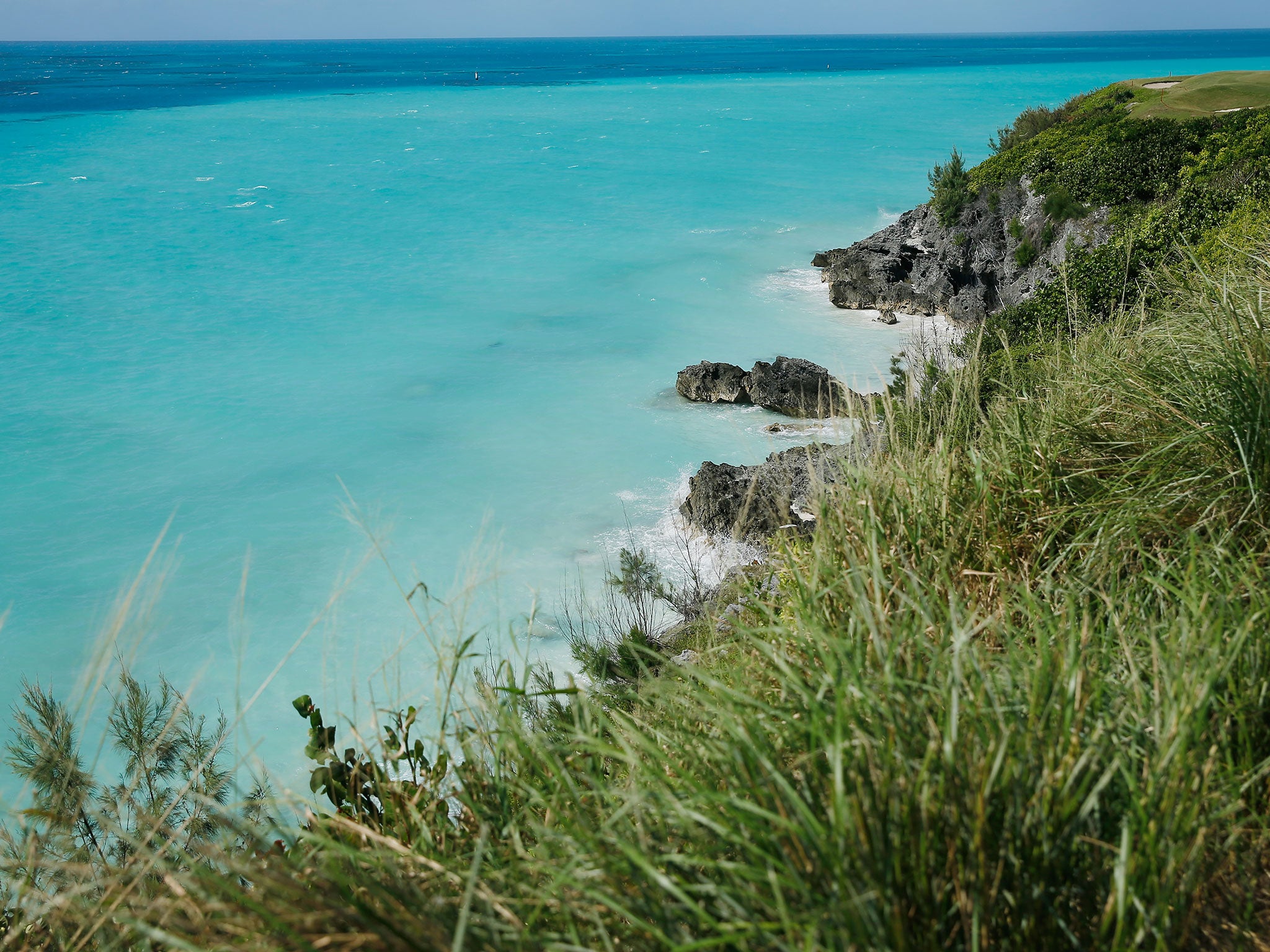The 21 most expensive countries in the world to live in

Your support helps us to tell the story
From reproductive rights to climate change to Big Tech, The Independent is on the ground when the story is developing. Whether it's investigating the financials of Elon Musk's pro-Trump PAC or producing our latest documentary, 'The A Word', which shines a light on the American women fighting for reproductive rights, we know how important it is to parse out the facts from the messaging.
At such a critical moment in US history, we need reporters on the ground. Your donation allows us to keep sending journalists to speak to both sides of the story.
The Independent is trusted by Americans across the entire political spectrum. And unlike many other quality news outlets, we choose not to lock Americans out of our reporting and analysis with paywalls. We believe quality journalism should be available to everyone, paid for by those who can afford it.
Your support makes all the difference.The world's most expensive countries to live in were calculated by MoveHub, a company dedicated to helping people move abroad, in a new survey.
MoveHub based its assessment on a range of costs, such as the price of groceries, transport, bills, restaurants and how much renting somewhere to live is. These figures are then compiled into an index, using the notoriously expensive city of New York as a benchmark.
New York was given an index score of 100, and countries were then ranked based on this. So a country with a score higher than 100 is more expensive than New York, while below signals that it is cheaper.
As a reference point, the average score for the United Kingdom was 51.03, making it the 29th most expensive country in which to live.
You can see the top 21 countries below:
T=20. Ghana — 53.89: Ghana is one of Africa's more prosperous nations, and this is reflected in the cost of living, which is higher than any other African nation, according to MoveHub.

T=20. Italy — 53.89: The cost of living in Italy is higher than in the eurozone's two largest economies, Germany and France.
19. Israel — 54.11: Israel is, comparatively speaking, pretty inexpensive compared to other states in the region like Kuwait and the UAE.
18. Kuwait — 57.31: Kuwait's currency, the Kuwaiti dinar, is one of the strongest currency units in the world, with a single dinar worth £2.63.
17. Japan — 57.62: Japan's economy may have stagnated somewhat in recent years, but it still remains one of the world's powerhouses, and that is reflected in the cost of living.

16. New Zealand — 58.26: As a country that has to import a large proportion of its goods, New Zealand is a pretty expensive place to live.
15. USA — 58.59: New York may be the benchmark for MoveHub's index, but the USA as a whole is a lot cheaper. Living in big cities like New York and Los Angeles may be costly, but in rural areas and smaller cities things are different.
14. Ireland — 59.56: Since the Brexit vote, Ireland has seen a huge surge in passport applications from Brits looking to leave the UK. Should they move across the Irish Sea however, they'll find a country more expensive than their own.
13. Denmark — 60.01: Denmark is the most heavily indebted country in Europe on a personal level, with average household debt equivalent to 265% of incomes, according to Eurostat. That may not be surprising given the cost of living in the country.

12. Australia — 62.39: Like its nearest neighbour New Zealand, much of what is consumed in Australia — besides its big exports such as iron ore — must be imported. This drives up the cost of living significantly.
11. US Virgin Islands — 62.56: The idyllic island nation may look beautiful, but it is a costly place to live, outstripping its parent state, the USA. Costs vary wildly on different islands in the nation, with expat site Expatistan noting that living on the island of St Thomas is much more expensive than the neighbouring Saint Croix.
10. Luxembourg — 64.18: Luxembourg consistently ranks close to the top of lists of the world's wealthiest nations, and it comes close to the top when it comes to the cost of living as well.
9. Qatar — 68.06: The country brings in highly-skilled workers from overseas at extremely competitive salaries, but much of that salary is often cancelled out by the cost of living.
8. United Arab Emirates — 68.39: Famed as a home for the rich and famous, cities in the UAE like Dubai and Abu Dhabi are notoriously expensive.

7. Bahamas — 73.63: The Caribbean state of the Bahamas faces the same problem as many island nations, that imports far outstrip exports, pushing up the price of goods.
6. Norway — 74.47: Scandinavian countries are notoriously expensive, and Norway is no exception. According to Numbeo, the average 1 bedroom apartment in the country costs around £925 per month to rent.
5. Singapore — 76.57: According to the blog Singapore Life News, the average cost of a pint of beer in the city-state is around £8.50.

4. Iceland — 80.47: Cut off from the rest of Europe and with very little fertile ground, Iceland is forced to import much of its food, pushing up costs.
3. Hong Kong — 81.93: Hong Kong is notoriously expensive, and with space at a premium in the incredibly crowded city, apartments are usually both tiny and pricey.
2. Switzerland — 90.68: Switzerland frequently tops lists of the best places on earth to live thanks to great infrastructure, healthcare and a clean environment. However, all this comes at a price and it is the most expensive place in Europe to live.
1. Bermuda — 126.34: The Atlantic Ocean tax haven of Bermuda is officially the most expensive nation on earth, with the country's capital Hamilton also the most expensive individual city on the planet.

• Here are all the companies that have cut ties with the Trump family
• Who you're most likely to marry based on your job
• Abandoned Dutch prisons are being used to house refugees — here's what they're like inside
Read the original article on Business Insider UK and see the MoveHub survey here. © 2016. Follow Business Insider UK on Twitter.
Join our commenting forum
Join thought-provoking conversations, follow other Independent readers and see their replies
0Comments